Advertisement
Talking points from a healthcare provider
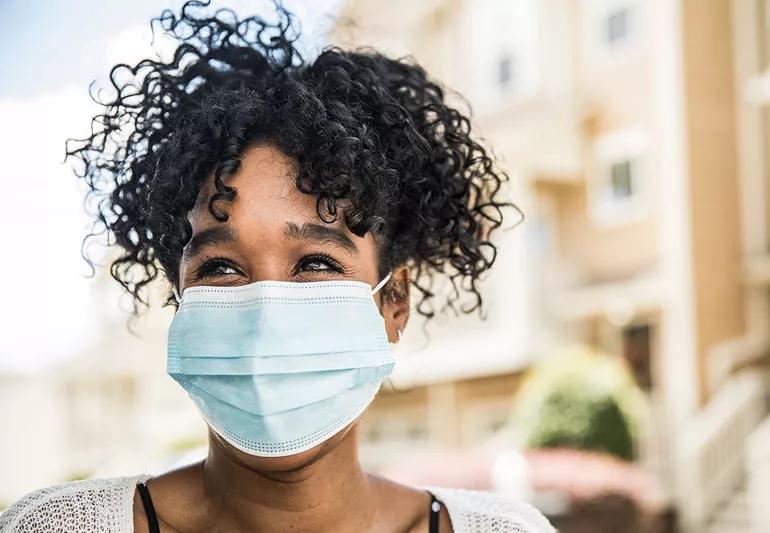
Masks have been at the center of a lot of debates these days.
Advertisement
Cleveland Clinic is a non-profit academic medical center. Advertising on our site helps support our mission. We do not endorse non-Cleveland Clinic products or services. Policy
Some view them as lifesavers. Others view them as oppressive or suffocating. Regardless of how we all feel, studies have shown that masks can help keep us safe. The CDC has even stressed that cloth face coverings are critical in the fight against COVID-19 because they can reduce the spread of the disease, particularly when used universally within communities.
The evidence is very real — and so are the chances of you crossing paths with someone who simply refuses to wear a mask. So what do you say to a friend or family member who happens to be an anti-masker?
If you don’t know where to start, Aaron Hamilton, MD, offers his perspective and gives some solid talking points for those very awkward backyard conversations or social media exchanges. Dr. Hamilton has seen the damage that COVID-19 can do firsthand and strongly believes that healthcare providers should be good stewards of pandemic hygiene for their patients and the communities they serve.
A: I try to center the conversation on my experience with the pandemic. We have patients with COVID-19 in our hospital and those who we are closely monitoring outside of the hospital. This is very real for the caregivers working on the frontlines with these patients. It’s very real for patients, and for the families of these patients. As caregivers, we have a close-up view of this pandemic, and it isn’t a political statement for us. It’s the reality of what many of us see when we come to work every day.
Advertisement
A. Some people will say, “Well, the recommendations have changed 10 times. What am I supposed to believe?” And that’s a fair criticism, but it doesn’t change where we are right now. CDC guidelines reflect the information we have available, which has continued to evolve alongside what we’re learning about the virus.
Keep in mind, we didn’t have the benefit of learning about COVID-19 in medical school, during our residencies, or in our own clinical practice. No one has ever managed a COVID-19 pandemic before, and in many ways, we are learning about this together in real-time.
A. A cloth mask isn’t appropriate for children under the age of two, and it may not be appropriate for children with respiratory or cognitive conditions. Aside from that, mask-wearing is something that parents can help socialize and normalize with kids.
I tell parents to start mask hygiene at home just to get kids used to it. Parents should feel empowered to ask their kids about their feelings about going back to school and wearing a mask. While many school systems are implementing virtual learning programs, mask-wearing will be an important habit for when kids return to the classroom. Try to help them avoid complacency in the meantime. If you can avoid it, the classroom should not be the first time they’re putting on a mask.
Even with adults, some of it is just practice and getting comfortable with mask-wearing, like putting on a seat belt. The more you do it, the more you get used to it until it becomes second nature.
A. Where you are matters. Whether you’re at home, in the grocery store, or out in your community; a cloth mask is effective. When everyone wears masks, we’re all protected.
When you’re in a healthcare environment, some of those dynamics begin to shift. Smaller spaces and vulnerable populations create greater risk, and therefore, we shift towards procedural or medical-grade masks in those settings.
Of course, this is not new information for caregivers. But it might take a conversation with our patients and/or community members to help them understand the implications of risk and face coverings in a healthcare setting.
The numbers of COVID-19 infections and deaths are steadily climbing. So, it’s hard to ignore the fact that this pandemic has affected so many. Some of us have lost friends and family members. Others have experienced the loneliness of self-isolation or the stress of being an essential worker. While we’ve all faced a number of challenges, Dr. Hamiliton believes that it’s important to still practice the actions that have been proven to keep us safe — despite the objections of others.
Advertisement
These actions include:
Continuing to wear masks. While it may be difficult at times, it is very necessary. As mentioned before, masks slow the spread of COVID-19. And if you need more reasons to wear them or are trying to figure out how to overcome some of the challenges that are associate with wearing them, this mask guide might help.
Avoiding large gatherings. It’s tough if you’re a social butterfly. And it’s been hard to not be able to celebrate milestones and holidays like we used to. But family get-togethers and other small gatherings have ended up becoming superspreader events for many communities. So fight the urge to be in places with large crowds or around people who don’t believe in social distancing or wearing masks to reduce your risk for infection.
Washing your hands frequently. Handwashing is one of the simplest things that you can do to stay safe. Wash your hands before and after you handle your mask. Wash your hands after interacting with high-touch surfaces or objects like countertops, credit card machines, shopping carts or doorknobs. And of course wash your hands after coughing, using the restroom, eating, sneezing or wiping a runny nose. If you’re not close to a sink, hand sanitizer can help. Here is some additional guidance about handwashing from the CDC.
Advertisement
Advertisement
Learn more about our editorial process.
Advertisement
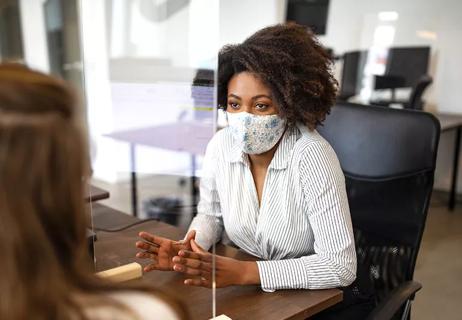
No, but find out how you could be making things more uncomfortable
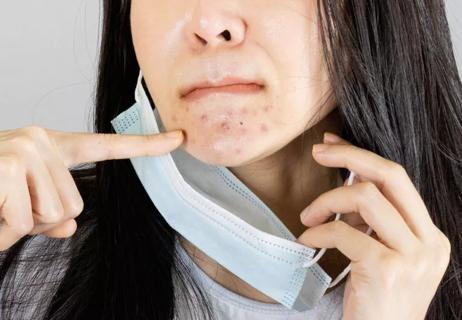
Here's what you can do to help prevent it
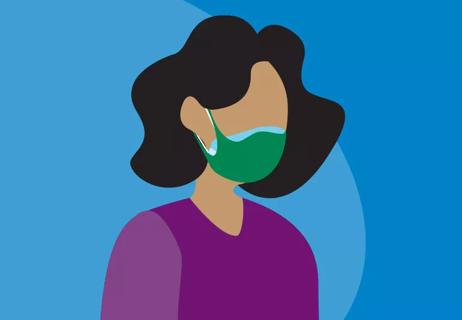
The short answer from an infectious disease specialist

What to know about running in a face mask during the coronavirus pandemic
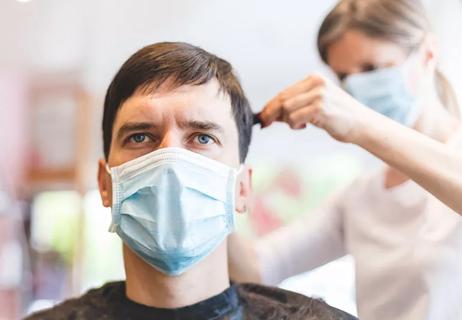
Proper etiquette for asking others to comply with mask rules
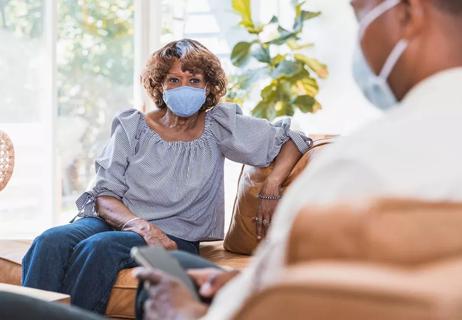
Learn how one simple action can help keep the whole family safe
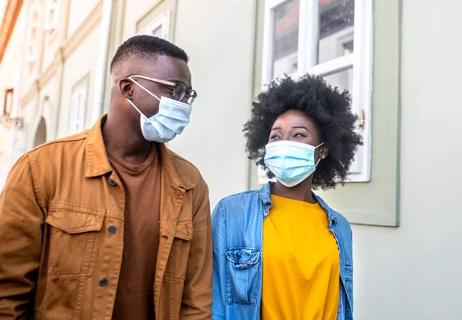
The short answer from an infectious disease specialist
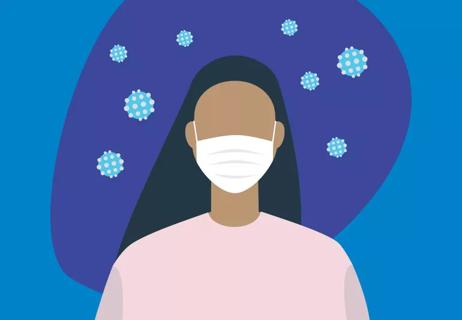
Get the short answer from a pulmonologist

If you’re feeling short of breath, sleep can be tough — propping yourself up or sleeping on your side may help

If you fear the unknown or find yourself needing reassurance often, you may identify with this attachment style

If you’re looking to boost your gut health, it’s better to get fiber from whole foods